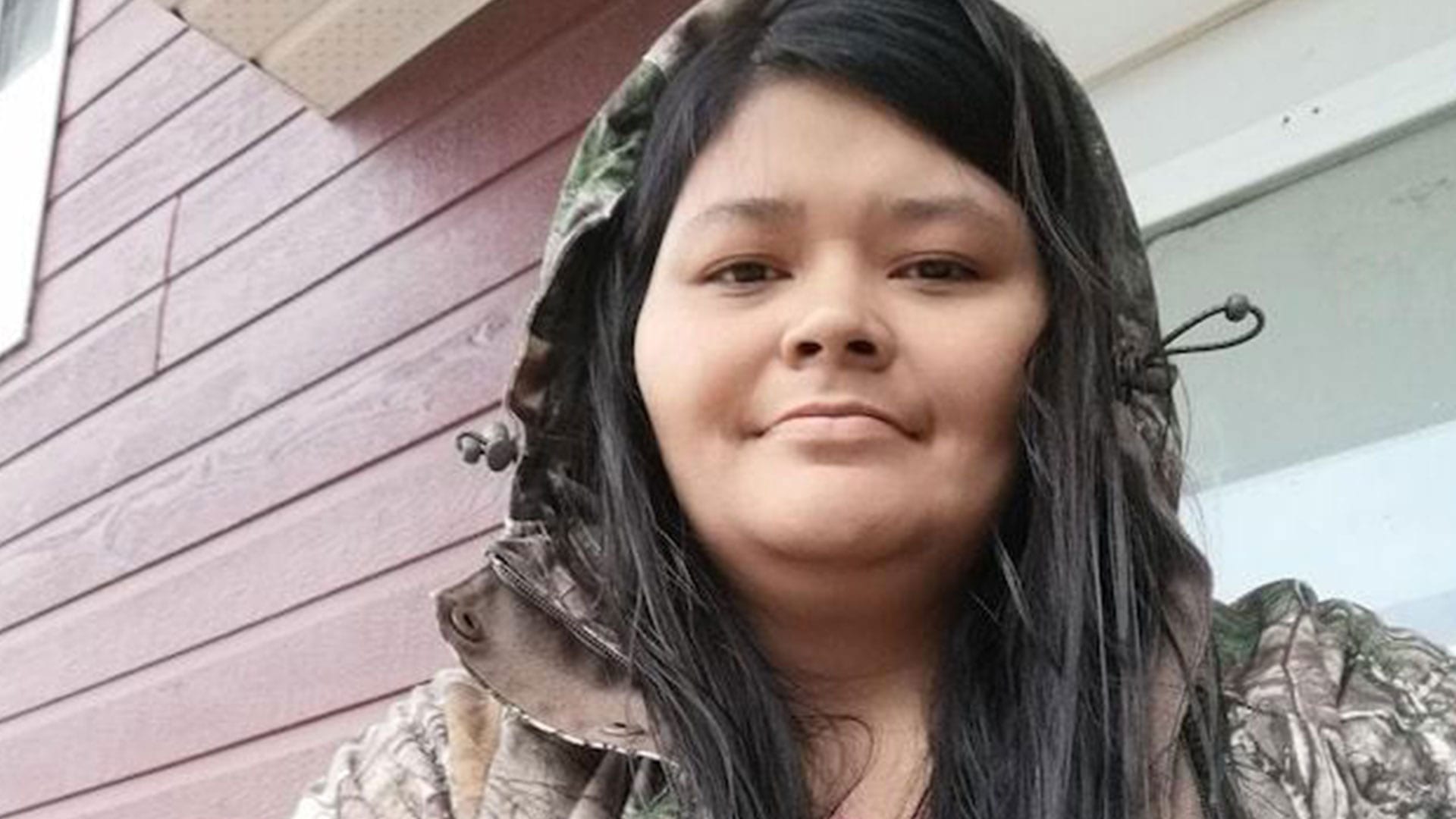With the Quebec government promising that cultural sensitivity training for public servants is coming within the next few weeks, Indigenous-led organizations say they’re being inundated with requests for sessions now.
According to some groups, the requests for information started coming in after the death of Joyce Echaquan, an Atikamekw mother of seven who filmed hospital staff in Joliette, Que., taunting her with racist comments moments before she died.
With her death came calls for change.
“It’s clear when there’s a tragedy [like that], it’s like a punch to the face,” says Widia Larivière, director and founder of Mikana, an organization that offers cultural sensitivity training on Indigenous issues.
“And people really remember the importance of being informed. It’s unfortunate that some people wait for these tragedies to happen before taking any action. But at least now there’s widespread awareness.”
Larivière says demand for these workshops has spiked since Echaquan’s death.
She says Indigenous-led organizations are being sought out for quick help to address issues with systemic racism.
Lariviere says Mikana is so busy, it’s being forced to turn down new workshop requests for the next few months.
“We had to verify with other Indigenous organizations whether they could take referrals, and they said they were just as backlogged as us,” she says. “In short, it’s created a little unbalance. But it simply demonstrates the urgency and need to get involved and sensitized.”

Wapikoni Mobile, a Quebec-based arts organization also offers virtual cultural sensitivity workshops.
They too say demand is rising.
While Wapikoni Mobile mostly targets students in their workshops, more adults are registering to take them.
“I know the older population had almost zero comprehension of the Indigenous reality we’ve been living lately,” says Eli-John Joseph of Wapikoni Mobile. “So the reactions we get sometimes, it’s really like people feel bad about having made us experience these things.”
Except Lariviere says it’s not a one and done deal. The courses, she says, are meant to plant seeds in people’s minds in hopes of creating a gradual shift in society.
“[Cultural sensitivity] training is just a first step, after that, there has to be an action plan to bring about real change in whatever domain,” she says.
“This is a reminder that, in the end, workshops and training don’t create an absolute change within.”









